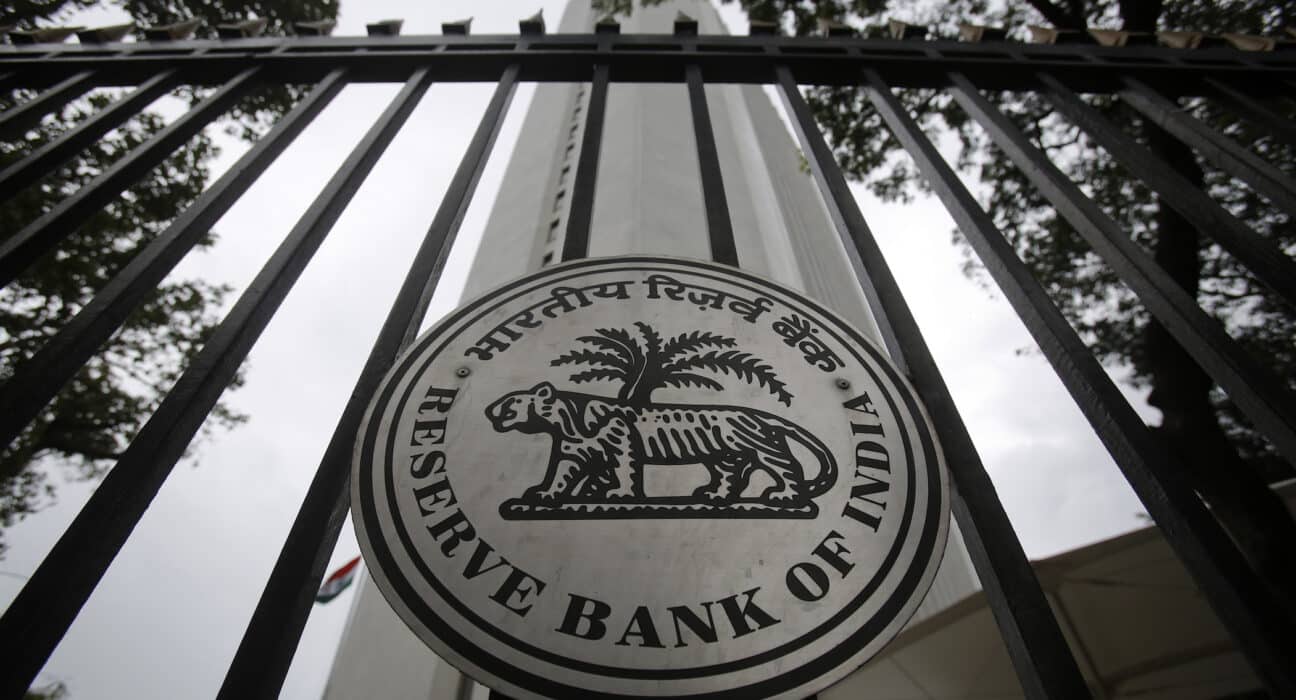India’s cryptocurrency landscape remains fraught with regulatory and legal challenges as the Indian Central Bank reiterates its strong opposition to digital currencies. Despite the Supreme Court overturning the Reserve Bank of India’s (RBI) circular prohibiting banks from servicing crypto firms, the RBI’s governor, Shaktikanta Das, recently reaffirmed the institution’s anti-crypto stance. With banks reluctant to engage with crypto businesses and a potential blanket ban looming, uncertainty continues to shroud the future of cryptocurrencies in India.
The Reserve Bank of India’s Anti-Crypto Stance
1. Shaktikanta Das’s Statement
- RBI Governor Shaktikanta Das reiterated the central bank’s concerns about cryptocurrencies.
- Das emphasized the institution’s position at a recent press conference, highlighting risks such as volatility, financial stability, and misuse for illicit activities.
2. Longstanding Opposition
- The RBI has historically opposed cryptocurrencies, citing threats to India’s financial ecosystem.
- Its anti-crypto sentiment persists despite the Supreme Court’s ruling against its infamous circular.
The Supreme Court’s Overturn of the RBI Circular
1. The Circular’s Background
- In 2018, the RBI issued a circular directing banks to cease providing services to crypto firms, effectively banning crypto-related transactions.
- This move caused significant disruption to India’s budding crypto industry.
2. Supreme Court Ruling
- In March 2020, the Supreme Court deemed the RBI’s circular “disproportionate” and overturned the ban.
- The court’s ruling provided relief to crypto businesses, enabling them to resume operations.
Banks’ Reluctance to Support Crypto Firms
1. Misuse of the Defunct Circular
- Despite the Supreme Court ruling, banks reportedly continued to cite the now-defunct circular as grounds for refusing services to crypto firms.
- Recent media reports suggest that this misuse remains prevalent, creating additional hurdles for the crypto industry.
2. RBI’s Clarification
- Shaktikanta Das clarified that banks must set aside the outdated circular.
- However, he emphasized that due diligence measures are essential when dealing with crypto-related entities.
Potential Blanket Ban on Cryptocurrencies
1. Persistent Uncertainty
- An anonymous source in the Finance Ministry hinted at the possibility of a blanket ban on cryptocurrencies.
- This speculation has fueled uncertainty in the crypto space, impacting investor confidence and business operations.
2. Balancing Innovation and Regulation
- The government faces the challenge of balancing innovation with the need to regulate cryptocurrencies effectively.
- A blanket ban could stifle innovation, while a regulatory framework could foster growth and attract investment.
Key Issues Highlighted by the RBI
1. Financial Stability Risks
- The RBI views cryptocurrencies as a potential threat to financial stability due to their speculative nature.
2. Misuse for Illicit Activities
- Concerns over cryptocurrencies being used for money laundering and other illegal activities remain central to the RBI’s stance.
3. Investor Protection
- High volatility in crypto markets poses risks to retail investors, further justifying the central bank’s cautious approach.
The Broader Impact on India’s Crypto Ecosystem
1. Stifled Growth
- Continued reluctance from banks and regulatory uncertainty hinder the development of India’s crypto ecosystem.
- Crypto startups and exchanges face operational challenges, limiting their ability to scale and innovate.
2. Global Competitiveness
- India risks falling behind global competitors like the US and Singapore, which have embraced crypto-friendly regulatory frameworks.
3. Investor Sentiment
- Regulatory ambiguity impacts investor confidence, discouraging participation in the crypto market.
Moving Toward Clarity
1. Need for Comprehensive Regulations
- A clear and balanced regulatory framework is essential to address the RBI’s concerns while fostering innovation.
- Such a framework could include robust anti-money laundering (AML) measures and investor protections.
2. Collaboration Between Stakeholders
- Collaboration between the government, central bank, and crypto industry stakeholders is crucial for developing effective policies.
3. Global Inspiration
- India could look to countries like the US, Switzerland, and Japan for examples of how to regulate cryptocurrencies without stifling innovation.
Conclusion
The Indian Central Bank’s anti-crypto stance continues to pose challenges for the country’s burgeoning crypto ecosystem. While the Supreme Court’s decision to overturn the RBI circular offered temporary relief, persistent regulatory ambiguity and reluctance from banks hinder progress. The looming possibility of a blanket ban further exacerbates uncertainty, impacting businesses and investors alike.
To realize its potential as a global leader in the digital economy, India must strike a balance between regulation and innovation, fostering a supportive environment for cryptocurrencies. Collaboration among stakeholders and learning from global examples will be key to achieving this goal.
To stay updated on cryptocurrency regulations and their impact, explore our article on latest news, where we discuss the evolving global crypto landscape.
Disclaimer: The information provided is not trading advice, Bitcoinworld.co.in holds no liability for any investments made based on the information provided on this page. We strongly recommend independent research and/or consultation with a qualified professional before making any investment decisions.

